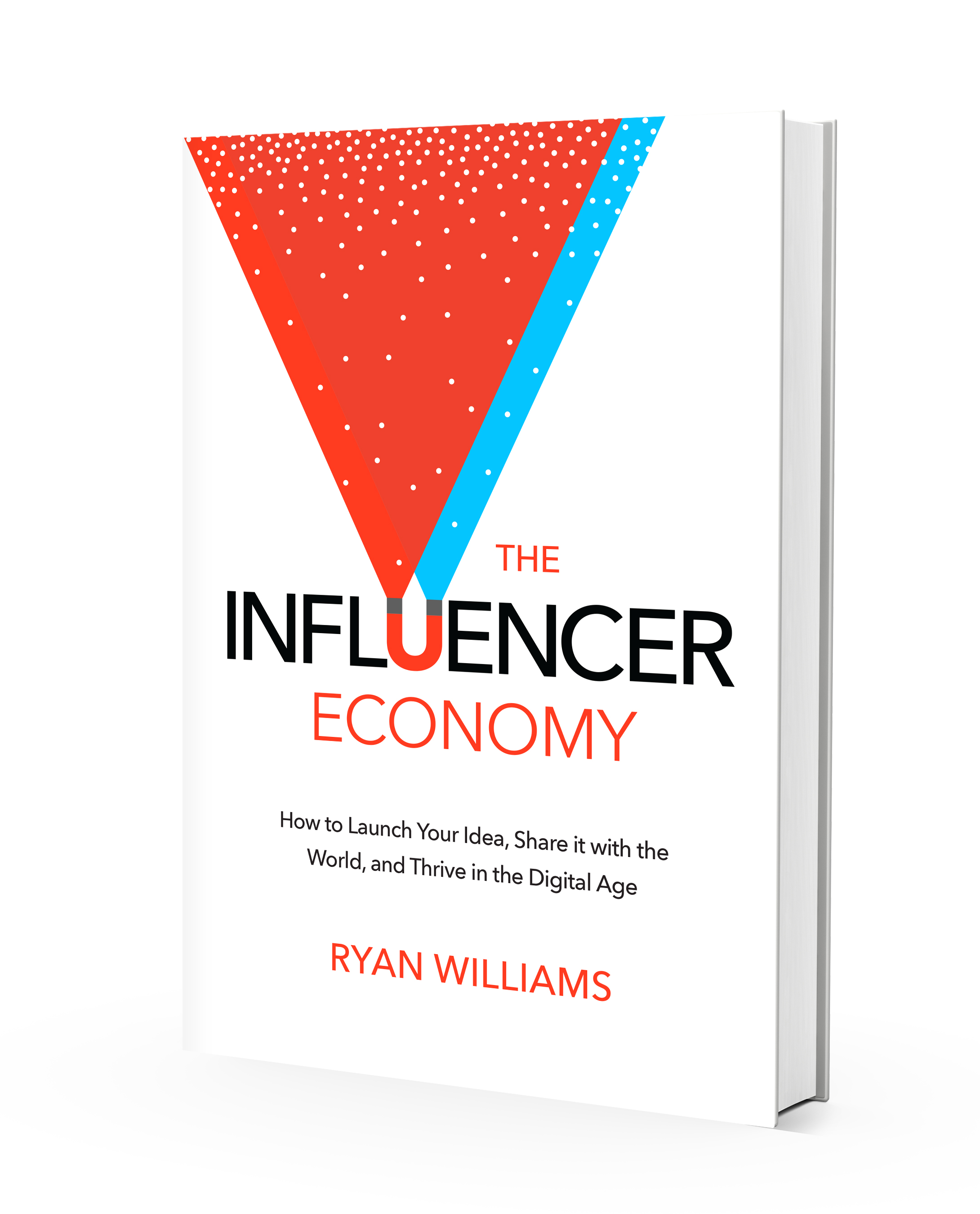Photos from Brian Bassett of The Jets Blog
This past weekend, I attended Blogs with Balls 4 in New York City, hosted by Bloomberg Sports in their futuristic Manhattan skyscraper. The event featured 250+ independent and professional sports writers, who joined together to discuss trends and the future of sports media. What makes this conference unique is that you find yourself watching “worlds collide” before your own eyes. It’s a collection of writers all of whom work for varying publishers from ESPN to Bleacher Report, to their own mom and pop blogs. What keeps it interesting, is that you get to see ESPN’s Jemele Hill colliding with Deadspin’s AJ Daluerio, asking “why there were no black people on Deadspin’s staff.” We even watched Kobayashi chugging a gallon of milk in 19 seconds. The also gave-out awards to leaders in the space, and the trophies were muppets. Yep, that was the BWB4.
There’s been some great analysis by pro sports writers already, I’ll leave the journalistic analysis to them. Dan Levy on The Awards and Sports Media, Bomani Jones on blacks in the sports blogosphere, and Eno Sarris on the future of blogging
I met a lot of great people, here are my thoughts:
- The future of media is based on the individual not the company. The event showed was the power and potency of the content creator. This event was full of influencers – local and global. It showed, that if you hustle, you create your own demand. Writers are now self-empowered, without needing corporate backing.
- In the future, the most savvy and influential content creators – will be running their own networks. It’s already happening. Writers are becoming brands and guys like Bomani Jones can be unemployed but he’s still building his online influence, tweeting, and hosting ustream broadcasts. The essence of the influencer economy is working for own personal brand, building-up your own content, and getting paid for something you’re good at and/or enjoy.
- Networking is forever changed with social media. You now get to connect with people in real-time, all the time. When you follow someone on Twitter for 6 months and finally meet, you already kind of know them. You don’t need to catch-up with BS, you know that someone’s a “Yankees fan, lives in Brooklyn, loves ales.” Thus, you can speed up friendships. When you go to conferences, you’re fast friends with these people. You have already shared stories with them, while watching baseball games from each of your living rooms.
- BWB is the model for how the web is evolving. Twitter was a pervsize theme throughout the event. Major sports leagues need to hire everyone that’s big in Twitter, to work for their league. After following Jonah Keri, Eno Sarris since the conference, I’m more aware of baseball than I was a week ago. I knew about the Rays/Red Sox rivalry because of their influence on the sport. Dear sports league marketers, it’s free marketing. Hire these types of guys.
- Mainstream media will be called media again. We’ll forget that blogger and writers were battling like the bloods and crips in the early blogosphere. Everyone is becoming equal. I can be a writer at Frangraph or press box writer at CNNSi, and I can get my content out like anyone else. Access does not exclude you from making great content. Stories across platforms: print, podcasts, video, web, social media – are equalizing the industry.
Photos from Brian Bassett of The Jets Blog
BWB4 is a great event. It was my first BWB, and I met these guys at SXSW Interactive during the Quickish, Darren Rovell, Meet-up in Austin. I highly recommend it for leagues, bloggers, and anyone who is passionate about sports content. And there are muppets…










Sounds like a great event. Like how you summarized the main takeaways from the event. Good stuff.
Nice recap. BTW, that’s me in the top photo(on the end), deep in thought. At that moment I was thinking what a shame it was that I never got a chance to say goodbye to blogging.
It seems that everyone is lamenting the passing of blogging. It’s a very serious looking discussion. You’re not the only one.
Nice recap. If the leagues hire these guys, doesn’t that undermine their credibility? Does that matter?
The system works if these writers criticize the team, but are held accountable for their opinions. The fans with the best content should be elevated. They need to hire smart and savvy guys who will want to maintain their credibility. Do you think that is realistic?